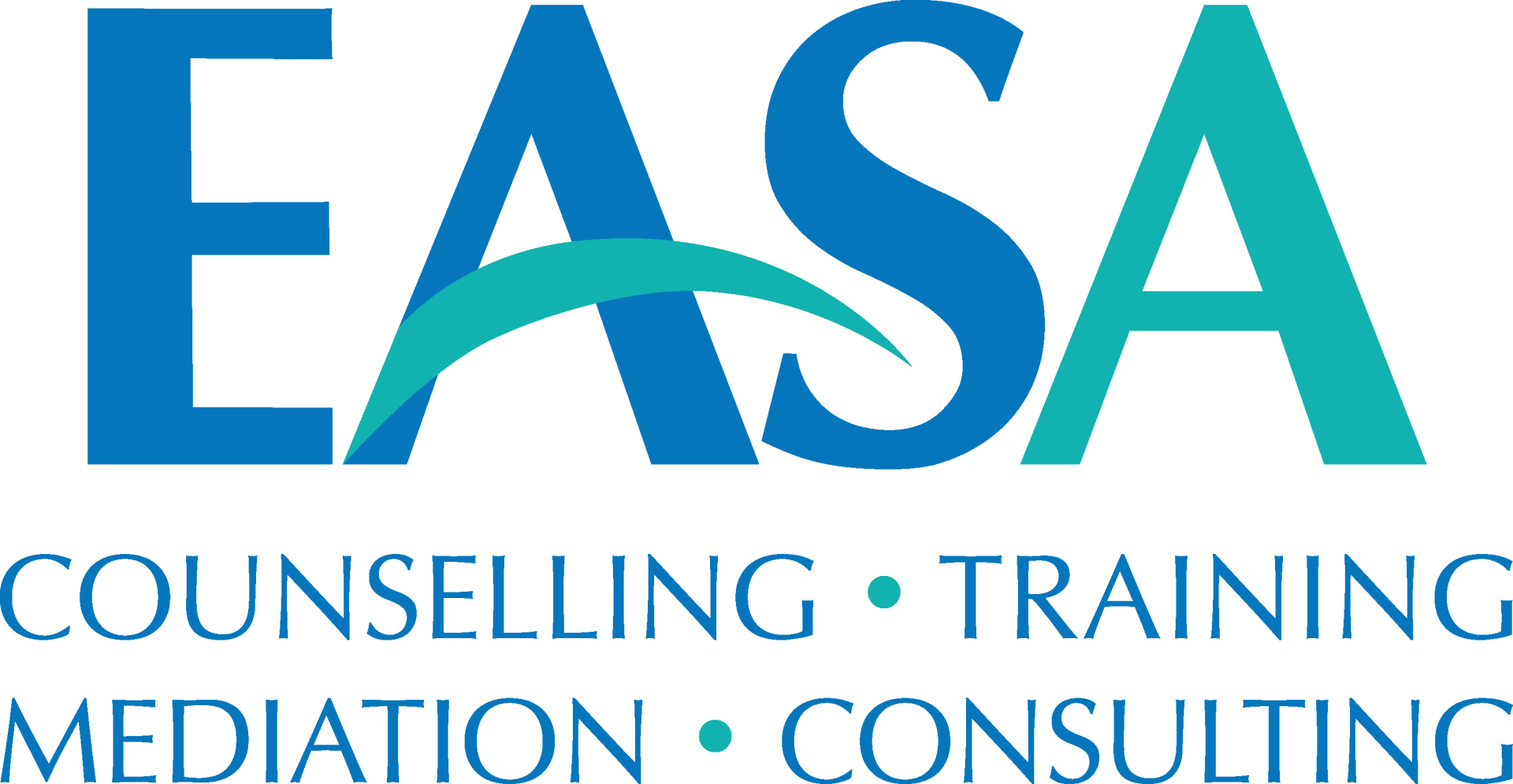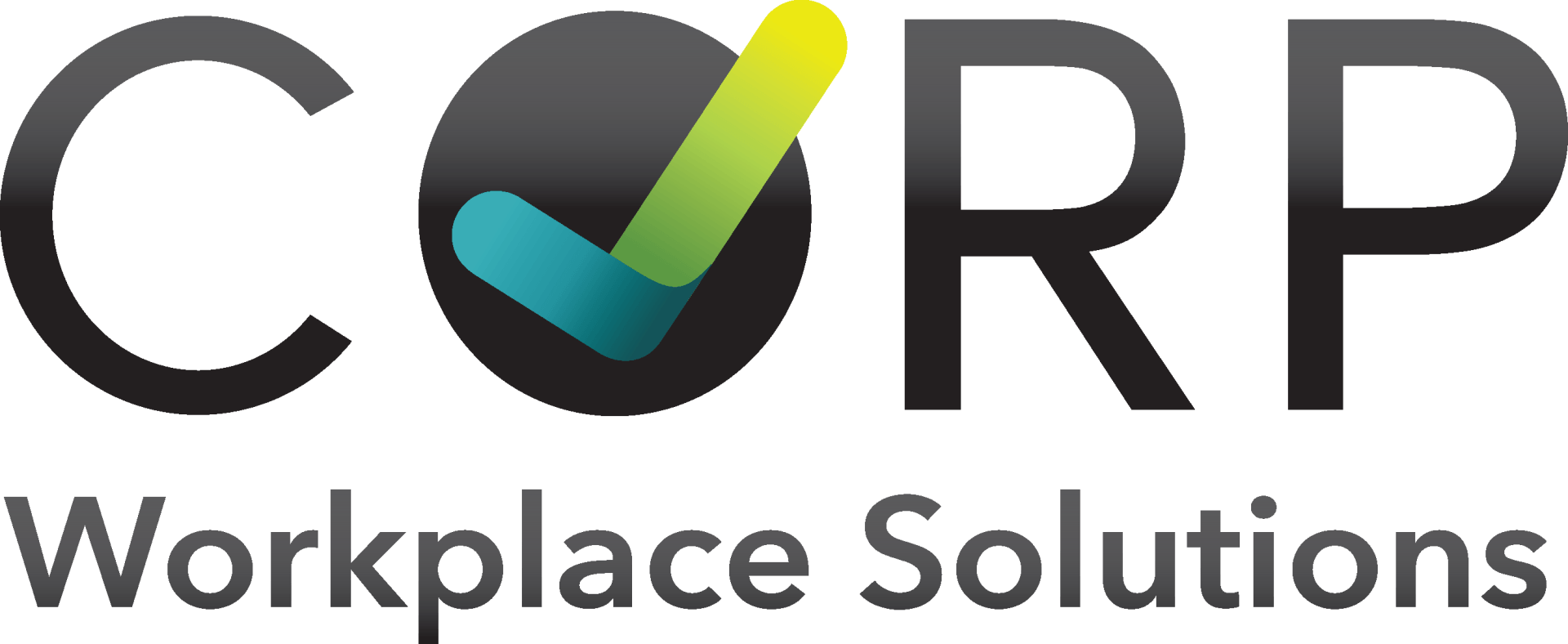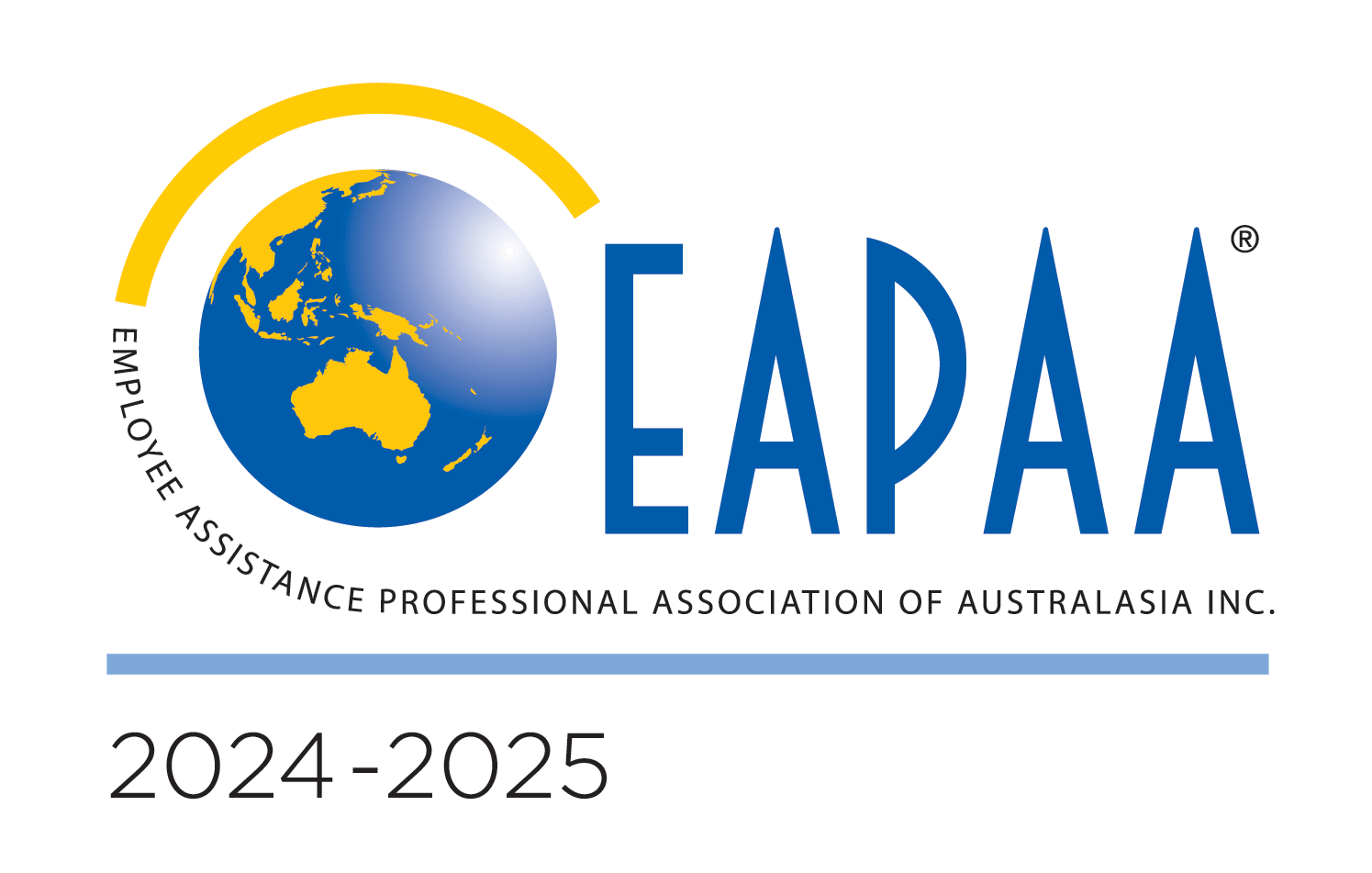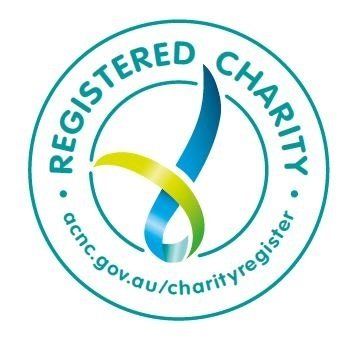I'm too tired! I'm too busy!

You've got an important or necessary task to do, but you are just too tired, or too busy, or maybe it's too late in the day, or you don't have exactly everything you need. Does this sound familiar to you? Well, these are some of the common excuses we use when we procrastinate.
What is Procrastination?
Procrastination is when you decide to put off completing a task despite there being negative consequences to this decision. Instead of the task, we choose a more enjoyable activity, a lower priority task or a distraction. It could be choosing to watch TV instead of paying a bill, or scrolling through your social media instead of doing a university assignment. Then, to avoid feeling guilty, we make excuses (like the ones above).
Procrastination is common however, it becomes problematic when the negative consequences start impacting our lives.
Why am I doing it?
Sometimes people have unhelpful assumptions that encourage procrastination:
"I shouldn't have to do things just because someone else says so"
"Life is too short to be doing things that are boring"
"If I try, then I will fail"
"If I take action, then something bad will happen"
"I can't do it because I am incapable"
"I can't do things when I am stressed / fatigued / unmotivated / depressed"
These rules and assumptions often lead to discomfort around doing the task, so we come up with excuses to delay or avoid the task to get short-term relief from the discomfort. Ultimately, this leads to further discomfort, tasks piling up and our rules and assumptions going unchallenged... keeping us in the cycle of procrastination.
What can I do about it?
- Understand the cycle: Reflect on what tasks you commonly procrastinate on, what your go-to excuses are, and what unhelpful rules and assumptions you hold.
- Challenge excuses: Will I really be better off by delaying this task? Can I still get a bit done now even if things aren't ideal? There is likely some truth to the excuse so challenge the conclusion you are making from it. For example; being tired could mean "I can't do it now, I need rest", or "I can do a little bit, then rest".
- Challenge the unhelpful rules and assumptions: Is my rule or assumption reasonable, realistic, fair and helpful? Is there an alternative, more helpful one?
- Acknowledge your feelings: This means we say to ourselves in our head how we are feeling. For example; if, when thinking about paying a bill, you feel anxiety you would acknowledge to yourself "I am feeling anxious".
- Learn to tolerate the discomfort: You can combine the above point with mindfulness through non-judgemental observation i.e. notice where in your body you feel the 'anxiety' and stay focused there until it subsides.
- Schedule the task into your day: Carve out time to dedicate to the task that enables you to focus without other distractions.
Resources and Support:
- Counsellors and Psychologists at EASA can also assist you to develop awareness and skills to challenge your procrastination cycle.
- The Centre for Clinical Interventions has a workbook available online: https://www.cci.health.wa.gov.au/Resources/Looking-After-Yourself/Procrastination
References:
Centre for Clinical Interventions (2019), Procrastination, https://www.cci.health.wa.gov.au/Resources/For-Clinicians/Procrastination






